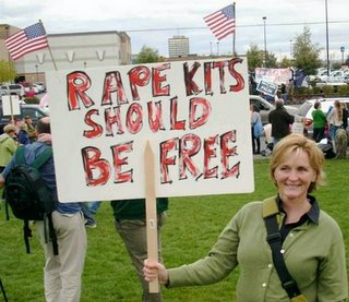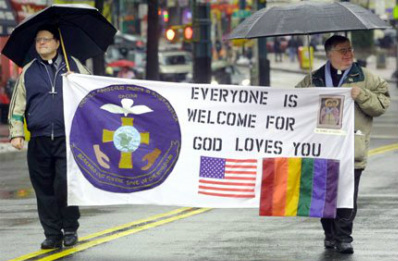 Wasilla victims are charged for kits. Click photo to find out more.
Wasilla victims are charged for kits. Click photo to find out more. There are complicated consequences when kits are neglected. If a kit is analyzed beyond the “statute of limitations” (the time frame in which you can prosecute someone for a crime) the assailant cannot be charged, regardless of the fact that the victim had nothing to do with the testing delay. In some cases, perpetrators go on to attack countless other victims undetected. According to EndTheBacklog.org, rape has the low arrest rate of just 24%. Visit EndTheBacklog.org to learn more about this issue and what you can do as a citizen to combat it. Also available on the site is resource information for victims. To read more about Detroit’s fight and other advocacy/fund programs, click here.








 RSS Feed
RSS Feed